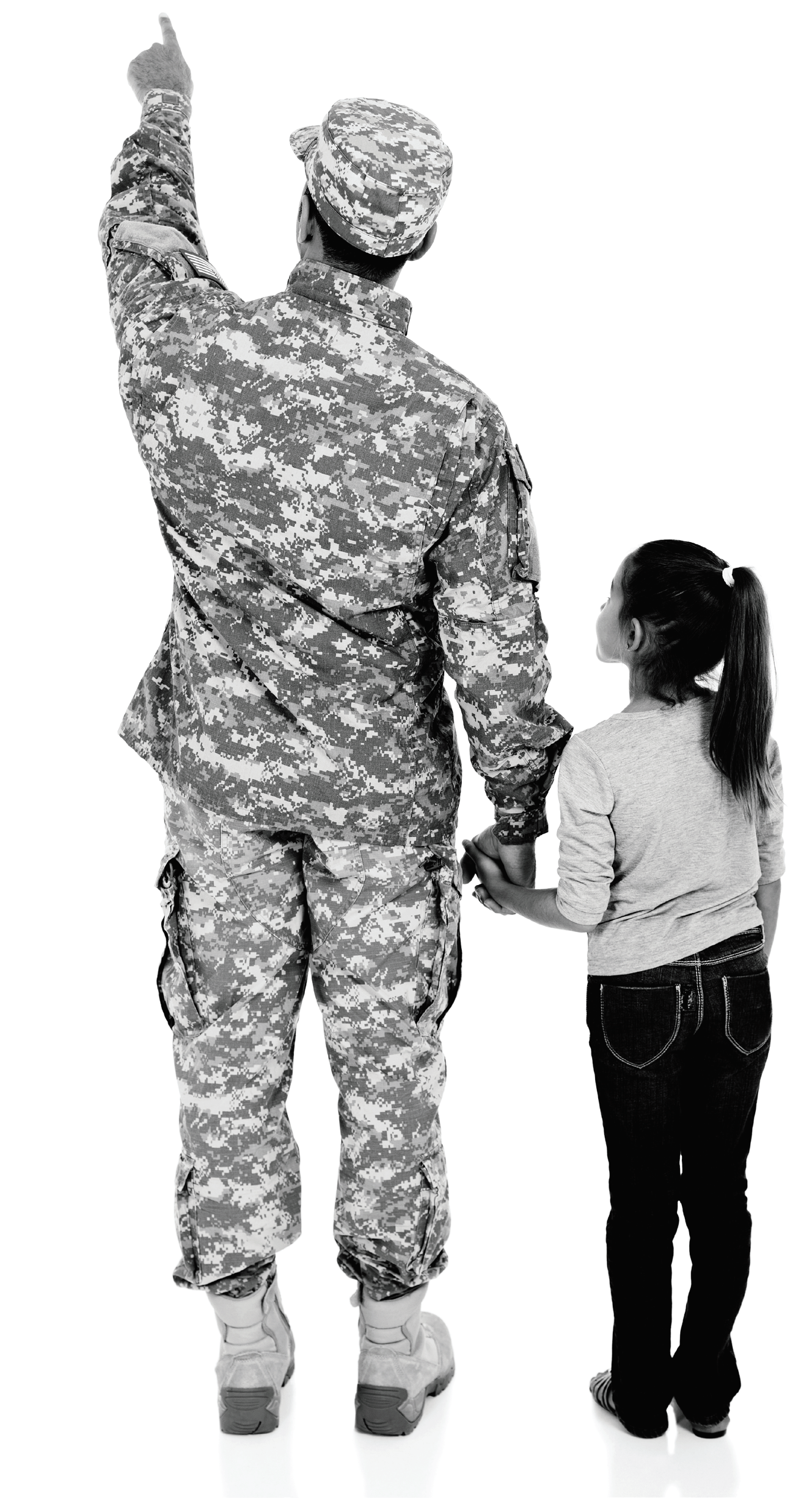Associate professor Diann Cameron-Kelly, Ph.D., researches the importance of helping combat soldiers assimilate back in their lives after being discharged.
 When many of us visit the doctor, we get asked several routine questions about exercise, diet, weight, what’s bothering us and any aches or pains—all tailored based on the relationship we have with our physicians.
When many of us visit the doctor, we get asked several routine questions about exercise, diet, weight, what’s bothering us and any aches or pains—all tailored based on the relationship we have with our physicians.
When U.S. veterans leave a combat zone to return home, military doctors fill out a generic Post Deployment Health Assessment form that consists of just a few questions.
Though the questionnaire covers general health, medical and dental issues and types of military duty assigned, there are no questions to indicate the possibility of posttraumatic stress disorder (PTSD) or substance abuse. And there is nothing to warn doctors about the difficulties certain veterans may face when returning to civilian life, such as finding employment, housing or reconnecting with family and friends. Not surprisingly, some soldiers only say whatever will get them out of combat—often at their own risk.
“Our country does a very good job of creating soldiers,” said Diann Cameron-Kelly, Ph.D., associate professor and chair, School of Social Work. “We don’t do a good job of creating civilian soldiers. When veterans are ready to be discharged, the process is very brief when compared to what it took to transform them into soldiers.”
Veterans health is an issue close to Dr. CameronKelly’s heart. Her father served as a master sergeant in the U.S. Army 82nd Division, fighting wars for nearly two decades in Korea and Vietnam. Hearing her father recount his days as a fighting soldier motivated her to contribute to Treating Young Veterans: Promoting Resilience through Practice & Advocacy. In the book, Dr. CameronKelly, her co-editors and contributors, including Godfrey Gregg, Ph.D., clinical associate professor of social work at Adelphi, discuss the unique mental health challenges surrounding veterans and their families. She’s also launching a new social work course at Adelphi on treating soldiers returning from combat, which will cover family life, addictions, peer-to-peer counseling and helping children of veterans who often cope with secondary trauma, sense of loss and insecurity.
In her book, Dr. Cameron-Kelly notes how the process of preparing veterans for life after combat must begin before the first shots are fired on the battlefield—ensuring the soldiers remain socially and culturally tethered to their home life while on the frontlines. Disconnection from these ties often reduces the resiliency needed to deal with stressful situations, particularly environments in which soldiers face the possibility of death on a daily basis.
After being discharged, soldiers need wide-ranging support from their armed services in order to reintegrate successfully into society. Support for their loved ones is also essential.
Many veterans stay in touch with their “battle buddies” after returning home, Dr. Cameron-Kelly noted. “This sense of camaraderie helps take the edge off the ‘new normal,’ such as going to the gas station, grocery shopping and many of the other things civilians take for granted.”
Those who are unable to cope with civilian life sometimes withdraw from social contacts and are rarely seen again by a Veterans Affairs physician or social worker—or even friends and family.
As Dr. Cameron-Kelly noted in Treating Young Veterans: “When veterans disappear from the national landscape, it is indicative of the environmental context of our nation—an oppressive contextual challenge of apathy and low regard toward today’s young veteran.”
According to Dr. Cameron-Kelly, there is no onesize-fits-all plan to help combat soldiers assimilate back into their former lives. “Each … requires a personalized strategy based on the causal determinants specific to the veteran,” she wrote.
For further information, please contact:
Todd Wilson
Strategic Communications Director
p – 516.237.8634
e – twilson@adelphi.edu